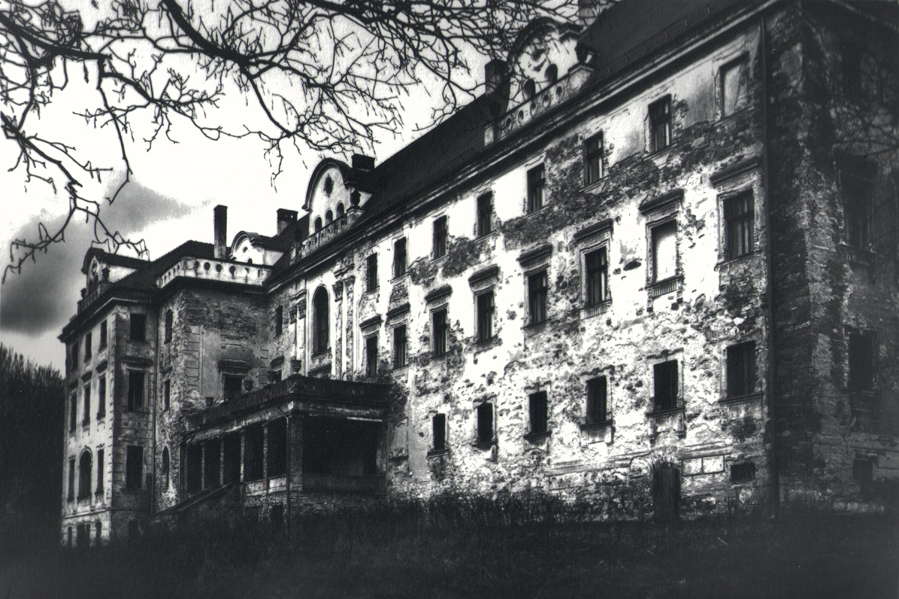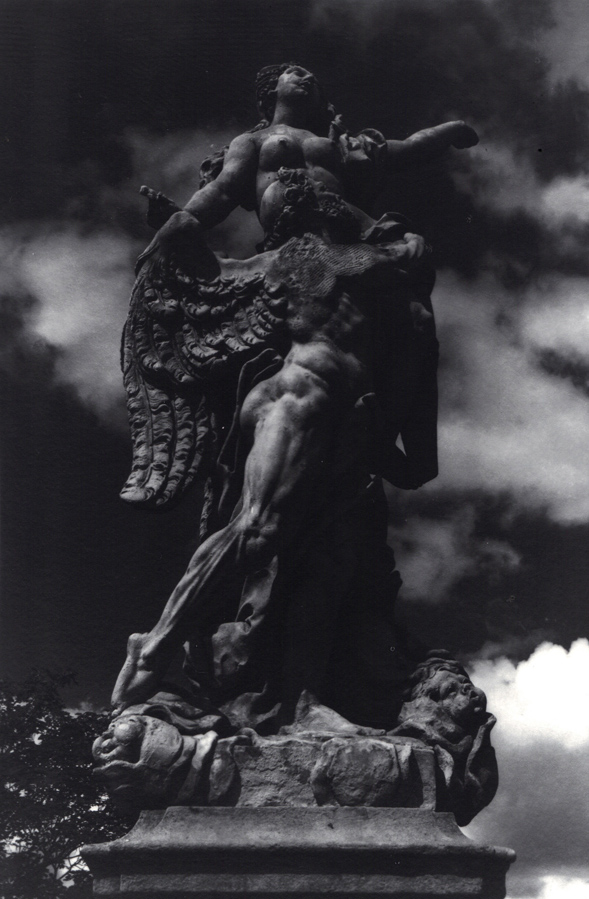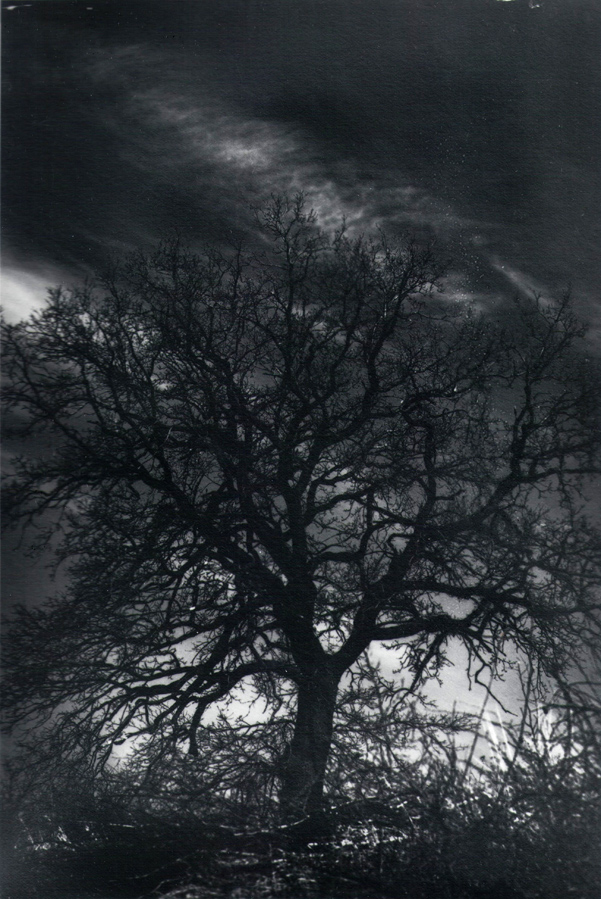Carbon transfer is one of the most important (and beautiful) historical processes; along with gumprint and oilprint it is one of the essential techniques utilizing the light sensitivity of organic coloids sensitized with chromium salts. In the past, materials for carbon transfer used to be manufactured by the Autotype company (hence the other name of the process), today, they need to be manufactured by the photographer.
As a curiosity, best attesting to the prestige the process used to be accompanied by, it should be remembered that many photographers of the past would offer their customers a choice of technique that would be used to make the prints they ordered. If the customer was less demanding (and less willing to spend money), one of the cheaper and simpler processes, such as the albumen print, would be used. Carbon transfer, along with the platinum print, would have been reserved for the most demanding customers who were willing to pay considerably more.
Even though, similarly to the gumprint, carbon transfer utilises the fact that organic coloids, in this case gelatin, sensitized with potassium or ammonium bichromate change their properties and lose solubility in water, this is where similarities end. Carbon transfer prints, even those made from a single layer, are characterised by deep blacks, powerful expression and reach detail combined with subtle tonal variations.
Carbon transfer combines power and subtlety and is equally suited to dramatic landscapes, medieval ruins an delicate female nudes.
Today, after years of near oblivion, the process once more comes to favour offering advantages unattainable to most photographic processes, such as:
- excellent, almost unrivalled permanence of hundreds of years
- ecquisite detail, practically impossible to duplicate by any other chromium based process
- unrivalled blacks
- wide tonal range
- considerable potential for controlling contrast and intensity of the print
- availability of multilayer printing
- possibility to make full colour prints (not covered in this workhop)
- possibility to print on non-standard substrate such as glass
We offer a unique, two day long workshop during which participants will gain all the skills and information necessary to start working independently using this magical process.
The programme of the workshop includes:
- basic theoretical introduction to the process, materials and tools
- preparation of carbon tissue that participants will use to make their prints
- preparing the final substrate that participants will use to make prints
- preparing digital negatives for making carbon transfer prints
- making carbon transfer prints
- methods of controlling the contrast of carbon transfer prints
- using single and double transfer
- independent printing practice
All the participants will be provided with:
- all materials necessary for the process
- all the facilities necessary for making carbon transfer prints,
- practice negatives
- materials necessary for making carbon transfer prints( including transfer and carbon papers)
- access to a professional darkroom
- facilities to print large format negatives from digital files (2 pcs),
- dinners (Saturday and Sunday),
- hot and cold drinks during the workshop
Instructor: Radosław Brzozowski
Language: English and Polish
Maximum number of participants: 6
Cost: 990 PLN (approx 200 eu).
Date: August 8-9 June 2023
Location: Trąbki Wielkie, Poland. Nearest airport: Gdańsk Rębiechowo
Link to purchase: https://www.alternativephotographicsupplies.com/Carbon-transfer-p299
A short video about carbon transfer: https://www.youtube.com/watch?v=zHtioXBVEZE



